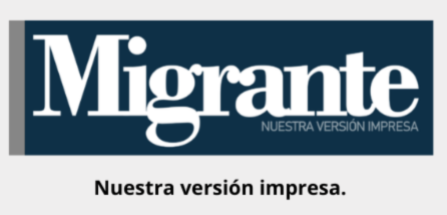President Claudia Sheinbaum Pardo announced the Comprehensive Plan for Eastern State of Mexico, a transformative initiative that includes a historic investment of 75.8 billion pesos for 121 actions benefiting 10 million residents of the region. The plan was presented during her morning press conference “Las Mañaneras del Pueblo”, where Sheinbaum highlighted that this initiative seeks to address a historic debt owed to the state’s most marginalized municipalities.
The financial structure of the plan involves a tripartite contribution: 60% of the funding will come from the federal government, 30% from the state government, and the remaining 10% from municipal governments. The plan focuses on infrastructure development, expansion of public transportation, construction of hospitals and universities, as well as welfare programs, housing, and potable water—all guided by the Fourth Transformation’s principle: “For the good of all, the poor come first.”
Key projects include the extension of the Santa Martha-Chalco Trolebus to Ixtapaluca, the expansion of Mexibús Line 3, and the creation of 1,000 kilometers of Safe Paths. In healthcare, four hospitals will be built and 180 medical units strengthened. The plan also envisions establishing universities in every municipality and the regularization of 32,000 homes.
State of Mexico Governor Delfina Gómez Álvarez emphasized that the plan will not only improve infrastructure but also create jobs and promote social justice for families across the region. The actions will take place in the municipalities of Chalco, Chicoloapan, Chimalhuacán, Ecatepec, Ixtapaluca, Nezahualcóyotl, La Paz, Texcoco, Tlalnepantla, and Valle de Chalco, with support from all levels of government and a special fund managed by BANOBRAS.
Through this strategy, the Government of Mexico reaffirms its commitment to transforming the eastern part of the State of Mexico, reducing inequality, and ensuring the right to a dignified life through an inclusive development model that prioritizes the country’s most vulnerable communities.

